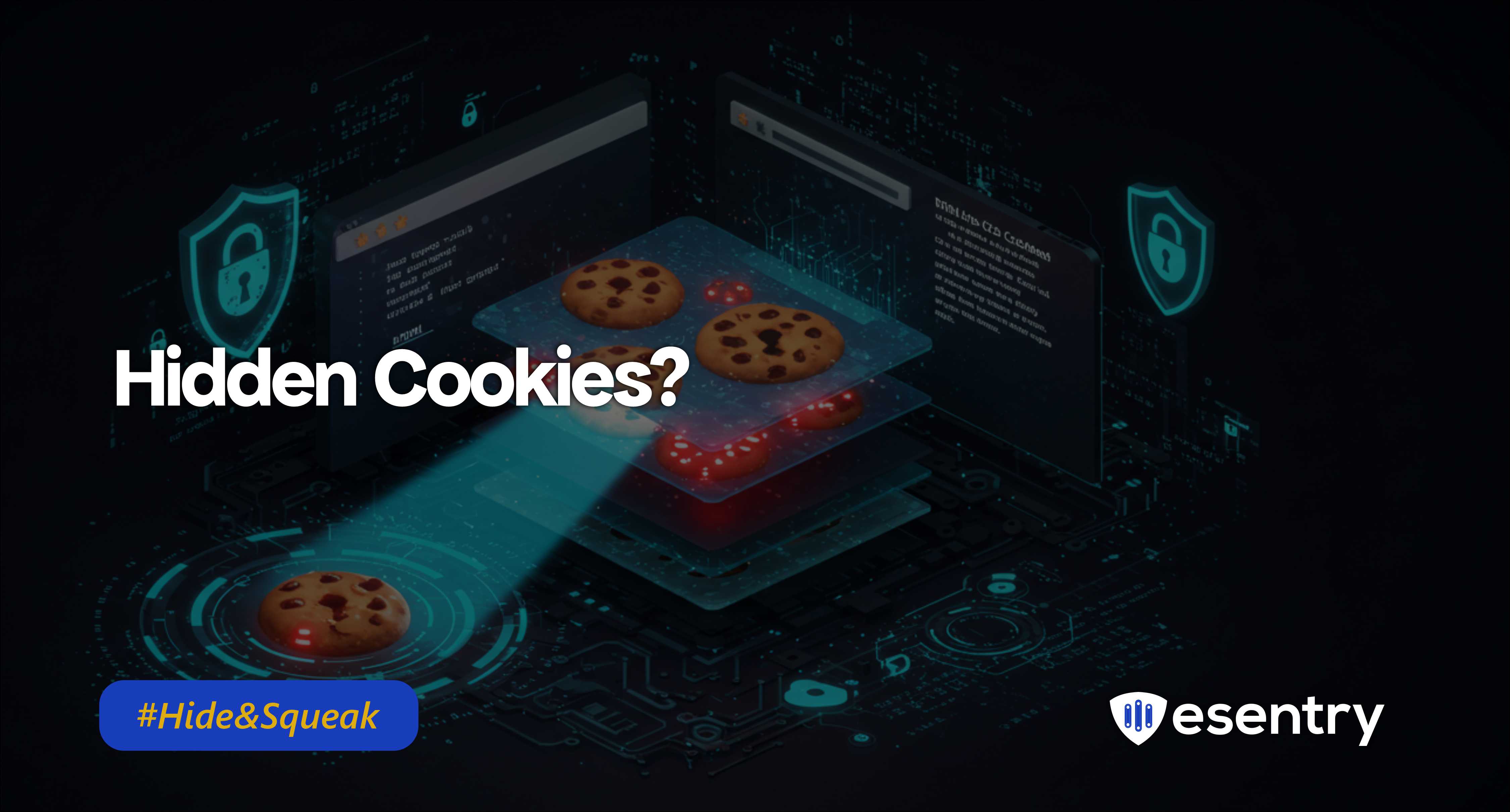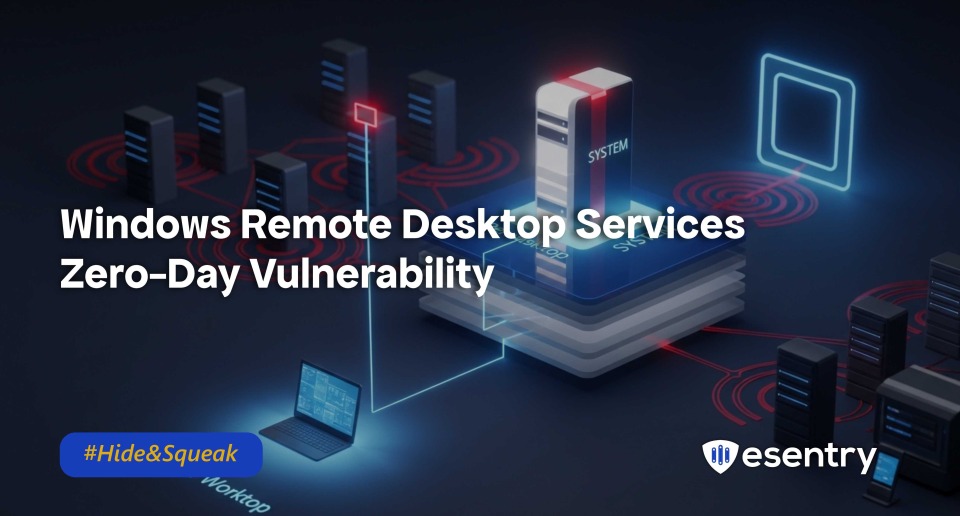Cookies play a significant role in enhancing user experience by storing session data, preferences, and authentication details. However, cybercriminals have increasingly exploited cookies to execute various cyber threats, including session hijacking, credential theft, and unauthorized tracking. In Nigeria, where digital transactions and online services are growing rapidly, cookie-based threats pose a substantial risk to individuals and businesses alike.
How Cookie-Based Threats Work
Cookies are small text files stored on a user’s device by websites to remember user information. While they are designed for convenience, cybercriminals can manipulate or steal cookies to compromise user security. Some common cookie-based threats include:
- Session Hijacking – Attackers steal active session cookies to impersonate users without needing login credentials.
- Cross-Site Scripting (XSS) – Malicious scripts injected into websites steal cookies from visitors.
- Cross-Site Request Forgery (CSRF) – Attackers trick users into making unintended requests that compromise security.
- Cookie Poisoning – Modifying cookie values to gain unauthorized access to restricted areas.
- Tracking and Privacy Violations – Unauthorized third-party tracking cookies collect sensitive data for malicious purposes.
Indicators of Compromise (IoCs)
Recognizing the signs of a cookie-related attack is crucial in mitigating its impact. Some key indicators include:
- Unauthorized logins from unrecognized devices or locations.
- Frequent session timeouts indicating session hijacking attempts.
- Unexpected account changes such as modified credentials or personal details.
- Excessive third-party tracking cookies leading to unusual, targeted ads.
- Increased phishing attempts exploiting stored authentication data.
Best Practices
To protect against cookie-based cyberthreats, individuals and organizations in Nigeria should adopt the following security measures:
1. Secure Cookie Handling
- Use secure flags (Secure and Http Only attributes) to prevent cookies from being accessed by malicious scripts.
- Implement Same Site attributes to mitigate CSRF attacks.
2. Enable Strong Authentication
- Enforce multi-factor authentication (MFA) to prevent unauthorized logins.
- Use session expiration policies to limit session hijacking risks.
3. Implement Web Security Measures
- Regularly update web applications to fix vulnerabilities that could be exploited for cookie theft.
- Deploy Content Security Policy (CSP) to prevent XSS attacks.
4. User Awareness and Best Practices
- Clear cookies regularly to remove potentially malicious or tracking cookies.
- Avoid clicking on suspicious links that could execute CSRF or XSS attacks.
- Use privacy-focused browsers and extensions to block third-party tracking cookies.
5. Security Monitoring and Incident Response
- Continuously monitor web traffic for signs of session hijacking or unauthorized access.
- Conduct regular security audits to assess vulnerabilities in cookie handling mechanisms.
- Educate employees and users about emerging cookie-based threats and how to avoid them.








.png)
.png)